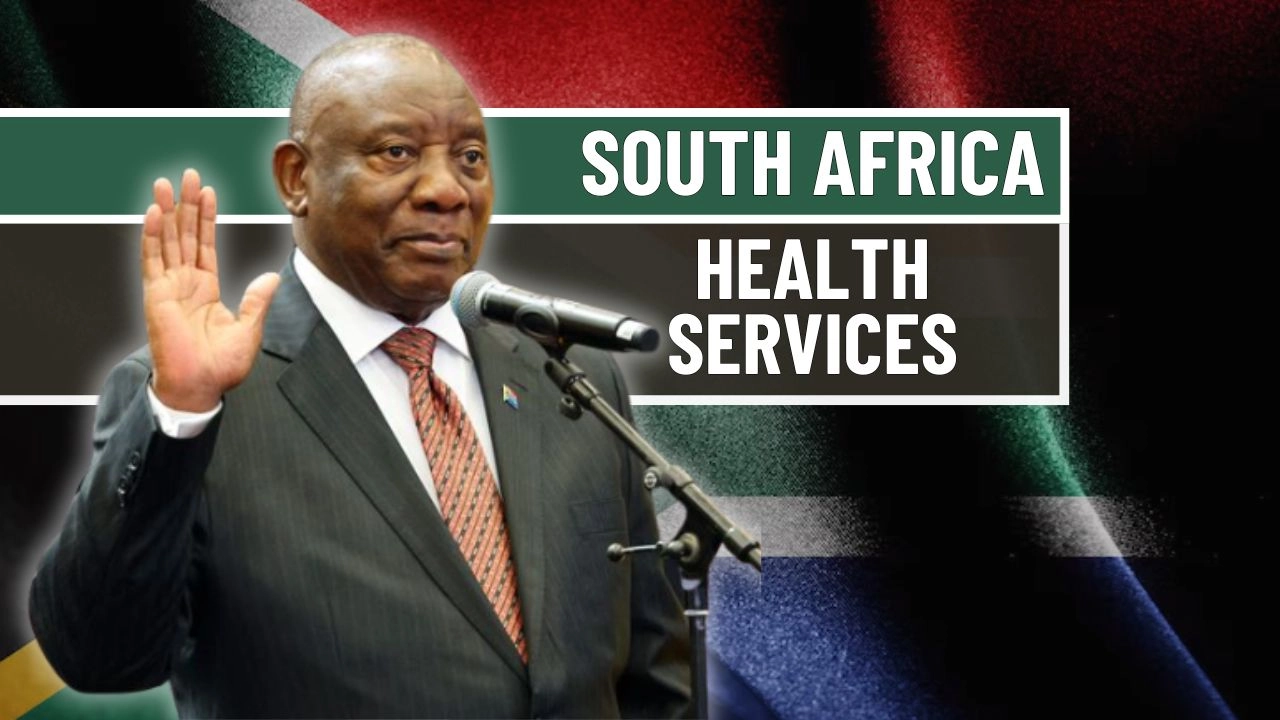Access to healthcare is a basic human right, not a privilege for the few. Recognizing this, South Africa continues to strengthen its public health infrastructure to ensure that no citizen is left behind. As of May 2025, improvements to the free healthcare application process have been rolled out across the country. These refinements aim to make it easier for unemployed individuals, low-income families, and vulnerable groups to receive the medical attention they deserve.
Taking the First Step: Initiating Your Public Health Application
The journey to accessing free public healthcare in South Africa begins with an in-person visit to your nearest government clinic or hospital. This visit is where the application for health coverage is made. The process is relatively simple but requires you to bring the necessary documents. Early registration is especially important for those managing chronic health issues, as timely enrollment ensures continuous care without interruption.
Essential Documents for Registration at Health Facilities
When applying for access to government-provided medical services, applicants must present a valid South African identity document or, in the case of asylum seekers and refugees, appropriate legal permits. Proof of residence is required to confirm your location for service allocation. Additionally, if income records are available, they should be submitted to determine eligibility levels. Parents seeking care for their children should also provide the child’s birth certificate. These documents are critical for creating a centralized patient profile.
The Role of Clinics in Linking Patients to Comprehensive Healthcare
Government clinics function as the cornerstone of South Africa’s public healthcare system. They are typically the first point of contact and offer a broad spectrum of services ranging from vaccinations and maternal health to chronic disease monitoring and HIV/AIDS support. Upon arrival at a clinic, applicants present their documents to administrative staff, complete a basic medical intake form, and receive a personal clinic card and patient file. These tools are used to track healthcare history and services across the public health network.
Clinic Hours and Services Vary by Region

Urban health centers typically operate between 07:00 and 16:00, accommodating a high volume of daily patients. Rural clinics may have shorter working hours due to staffing limitations and infrastructure constraints. Many facilities have begun integrating digital patient management systems to enhance efficiency and reduce wait times. However, it’s recommended to confirm operational hours in advance by calling the clinic directly, especially in less populated areas.
Public Health Services Offered Under the 2025 Framework
South Africa’s 2025 public healthcare offering remains broad and inclusive. All citizens, permanent residents, refugees, and asylum seekers can access these services at no cost. Among the most widely used services are general doctor consultations, maternal and child healthcare, HIV/AIDS and tuberculosis treatments, and management of long-term illnesses like diabetes and hypertension. Emergency services are also fully funded at state hospitals, while mental health support is becoming increasingly available in select government facilities.
Maximizing Your Access: Practical Advice for Smooth Healthcare Visits
To make the most of public healthcare services, patients should carry their identification or clinic card for every visit. Keeping prescription slips and referral documents organized helps streamline follow-ups and specialist appointments. Arriving early is often beneficial due to long lines, particularly at busy urban clinics. In addition, local health forums and community noticeboards can offer valuable updates on available services and outreach programs in specific neighborhoods.
A Lifeline for Millions: The Value of Public Healthcare in South Africa
South Africa’s public health system continues to serve as a critical lifeline for millions of individuals. With the latest enhancements to the registration and service delivery process, accessing care is now more straightforward than ever. Understanding how to navigate the system especially knowing what documents to bring and which services are offered can lead to better health outcomes and fewer barriers for those in need.
As 2025 unfolds, South Africa’s commitment to healthcare equity remains strong. By simplifying the registration process and expanding access to vital services, the government reinforces its dedication to citizen wellbeing. For individuals and families seeking care, being informed and prepared is key to unlocking the full benefits of the public health system.


